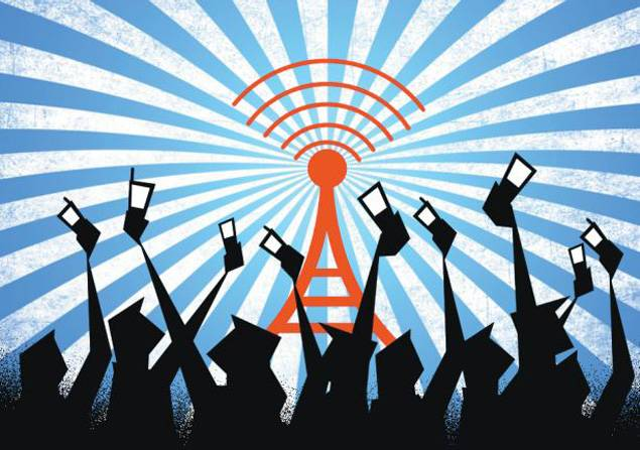
How does internet access improve lives in developing countries?
Internet access can help to improve access to information, opportunities, and services, and can contribute to the overall well-being and development of communities in developing countries. Five examples include:
- Education: Internet access can provide people in developing countries with access to a wealth of educational resources, including online courses, educational videos, and other materials. This can help to improve the quality of education and expand opportunities for learning, especially for people in remote or underserved areas.
- Employment: Internet access can help people in developing countries to find and apply for jobs, as well as connect with potential employers and clients. It can also enable people to start and run their own businesses, providing a source of income and economic opportunities.
- Healthcare: Internet access can provide access to health information and resources, including telemedicine services, which can improve access to healthcare and lead to better health outcomes.
- Communication: Internet access can help people to stay connected with friends and family, and to access news and information from around the world. It can also facilitate the exchange of ideas and facilitate collaboration with others.
- Political participation: Internet access can provide a platform for people to engage in political discourse and participate in the democratic process, helping to promote transparency and accountability in governance.
The African Cyber Cafe of the Future is Here Today
If you were to think about what Internet cafes might look like in 5 years, I bet you might imagine something like the photo above. A clean, modern cyber cafe run...
The $47 Aakash Android Tablet Will Revolutionize Internet Access
Last year, the Canadian/Indian company Datawind, announced the $35 Aakash Android tablet computer as an ICT solution for education. While I still believe that...
Libraries: the Dirty but Effective Word in Public Access to ICT
Is this the library the future of public access ICT after cybercafes and telecenters?
Back when Bill Gates was young, he had multiple opportunities to geek out –...
How cybercafes can thrive in a modern mobile Internet world
The greatest financial hurdles to open a computer cybercafe in Africa have been Line 1 on the Capex – Computers, and Line 1 on the Opex – Internet Access....
From Highs to Lows – Africa has world’s greatest broadband price decreases in 2010
A few years ago, Internet access in Africa was crazy expensive. Entire projects would sink under the weight of a monthly broadband bill, often exceeding staff...
Internet Connectivity Options and Status in Rural Kenya
var addthis_config = {"data_track_clickback":true};
I am David Scanell and I would like to describe the Internet access landscape in Kisumu and Nyanza from my...
Mobile data subscriptions account for 99 percent of all Internet access in Kenya
Take a close look at that chart from the Quarterly Sector Statistics Report for October-December 2010 from the Communications Commission of Kenya (CCK). Does anything...
Teledata ICT shows the future of cybercafes in Ghana
As mobile phone data plans drop in cost and more cheap smartphones flood the African market, what is the future of the Internet cafe? Could mobile data kill off...
How to Accelerate Wireless Broadband Access to the First Mile
Closing the access gap with low-cost broadband service delivery modelsJust 9.6% of the total population in Africa has access to the Internet. This is less than...
7 strategies to target Africa’s broadband consumers
This is a screenshot of an Internet bandwidth speed test I did at a hotel in Dar es Salaam. At 1.65 Mbs, that’s the fastest speed I’ve ever recorded...





